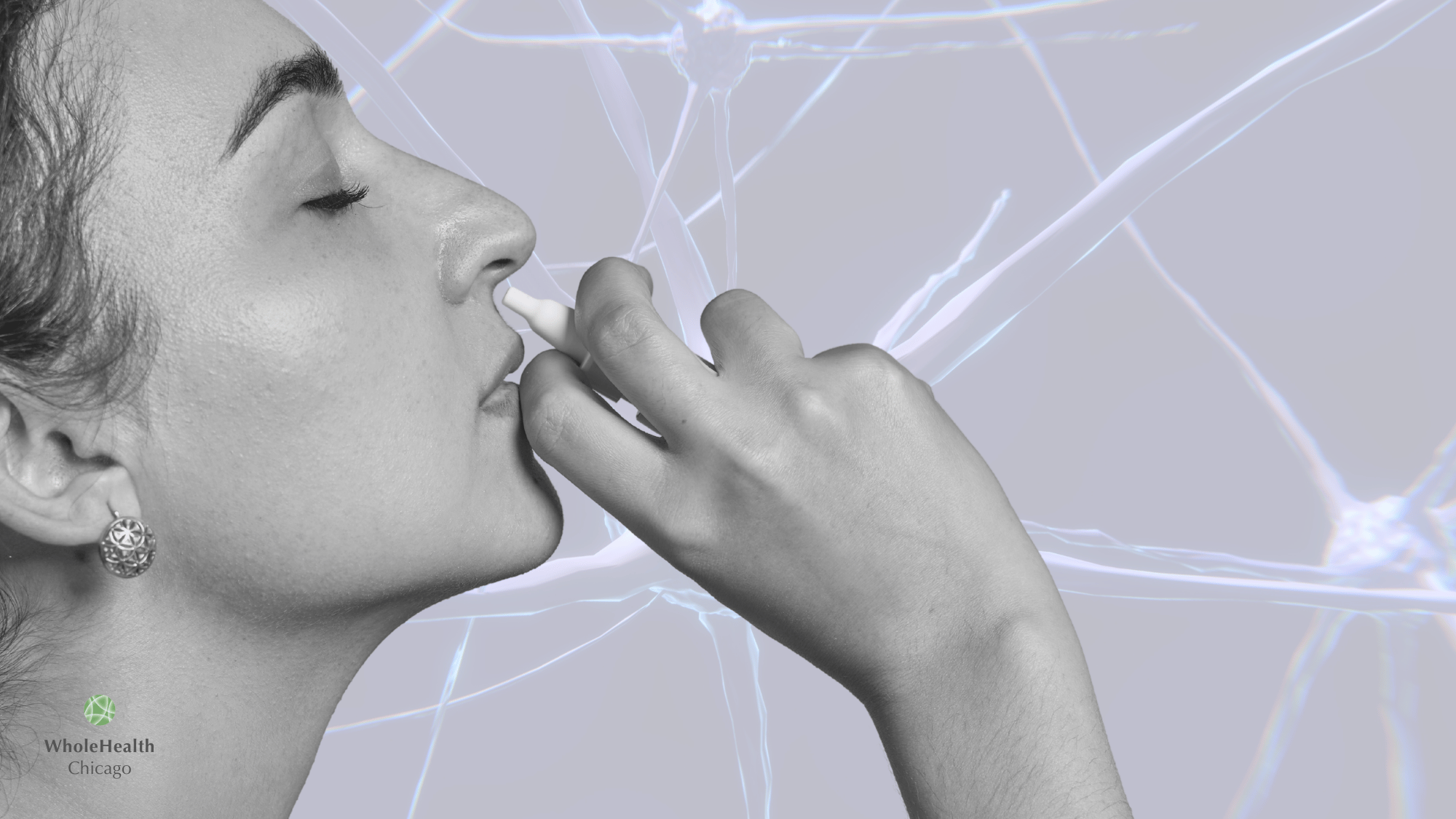The relationship between insulin and Alzheimer’s Disease has actually been on the radar screen of neurologists for quite a few years but the public has very little knowledge of it. Since insulin itself is not “owned” by Big Pharma, there’s no reason for them to tell you.
Insulin, the 100 year old medicine used for both Type 1 and Type 2 diabetes, has now been found to reduce a user’s risk for developing Alzheimer’s Disease. When a doctor needs to add insulin to the oral medications already being taken by a Type 2 diabetic (many times over their vociferous objection!), this added insulin will actually protect them against Alzheimer’s Disease. Conversely, if an Alzheimer’s patient happens also to develop diabetes, if he is treated with insulin, his Alzheimer decline actually slows down.
But there’s more.
Insulin directly affects the brain in several ways (all good): to start, insulin crosses the blood brain barrier and lands on specific insulin receptors in the brain. Then insulin reduces brain inflammation, helps produce more neurotransmitters, increases brain energy (ATP in the brain mitochondria), restores antioxidants and protects the brain cells against the effects of amyloid.
How can we get insulin into the brain to work these wonders?
Simple enough! A nasal spray!
Yes, a nasal spray is the best and safest means to administer insulin into the brain itself.
That’s right. You simply open a bottle of regular insulin (available over the counter, no prescription required, but you’ll need pliers to remove the cap) pour the insulin into a nasal spray bottle and administer one spray daily. This comes to 20 Units of insulin, low enough to not affect blood sugar.
What happened was pretty surprising at first, namely improvement of mild dementia. But then as the studies were repeated around the world, investigators knew they were on to something important: memory improvement, better attention, etc., etc. Google it yourself: “intranasal insulin for Alzheimer’s.” Also surprising, Google “Other uses for intranasal insulin” in which patients complaining of “brain fog” or “poor focus and concentration” report positive results.
But the “advances in Alzheimer” story doesn’t end here.
We all know the SGLT2 inhibitors (semaglutides like Wegovy and Ozempic) work on diabetes and weight loss by increasing insulin secretion. Researchers soon noted that users of these medications had a lower incidence of Alzheimer’s than the rest of the population. Somehow, along with diabetes control and weight loss, the semaglutides were preventing Alzheimer’s. Both medications, insulin and the semaglutides, have been in use for years, it took very little time for investigators to design clinical trials testing the combination against a placebo. Another semaglutide, Rybelsus, is available as a tablet rather than a weekly injection. It, too, is being studied along with inhaled insulin as an Alzheimer treatment.
Can a nasal spray and an immensely popular weight loss/diabetes medication actually slow down, prevent, or even reverse dementia?
Scientists seem to think so. Not everyone can take the semaglutides (cost, side effects). Here’s a researcher discussing intranasal insulin on a YouTube video.
For my previous Health Tip about Preventing and Reversing Alzheimer’s click here. It discusses Dr. Dale Bredesen’s book “Preventing and Reversing Alzheimer’s” including recommended diagnostic tests, supplements, and lifestyle recommendations. There’s no mention of the intranasal insulin or the semaglutides. This is new stuff!
If you want further information about these and other treatments we offer at WholeHealth Chicago including infusion therapies, schedule with any of our practitioners.
Be well,
David Edelberg, MD

What strength of insulin should be used? Walmart needed more information in order to purchase.
Margaret Miller
I’m going to try this thank you Dr Edelberg I miss you.
Dawn Barajas
There’s are preliminary studies from the National Institues of Health showing benefits for Parkinson’s
David Edelberg, M.D.
It’s DIY. Buy empty nasal spray bottles and regular insulin at your local WalMart. Pry the cap off the insulin, pour into the spray bottle, one spray daily
David Edelberg, M.D.
How can we find inhaleable insulin. I no longer live near Chicago
Karen Wands
Is it possible inhaled insulin can help with Parkinson’s symptoms? My husband has mild Parkinson’s
Sharon Hirtzer